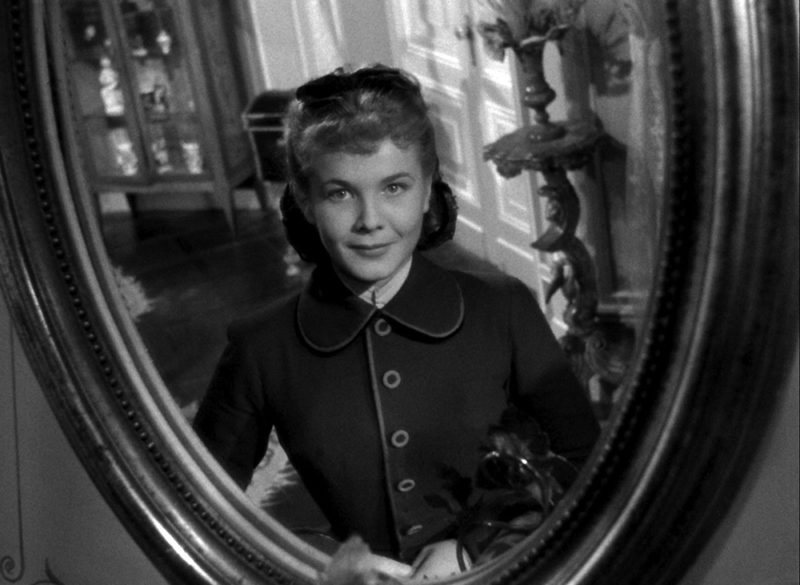At Bomb magazine, film programmer Mark Lukenbill praises the recent digital restoration and rerelease of a lost classic of queer cinema: Olivia (1951), directed by Jacqueline Audry, one of the only commercially successful female directors in France prior to the New Wave. Based on the 1949 novel of the same name by Dorothy Bussy, Olivia tells the story of the titular teenager’s experience at an all-girl boarding school near Paris. As Lukenbill writes, the film is “a sensitive depiction of a gay teenager’s first stirrings.” Here’s an excerpt:
Though Audry was four decades younger than Bussy, they shared a love of both Colette’s work and the 1931 German film Mädchen in Uniform , another school-set queer cinema staple that is a clear predecessor of the film. Audry adapted the novel alongside her sister (a screenwriter, leftist activist, and close friend of Simone de Beauvoir) who was coincidentally also named Colette—much to the confusion of some corners of the internet. Olivia ’s restoration refurbishes both its gothic contrasts and its rightful place in the history of queer cinema, bridging the gap between Mädchen and later lesbian erotica that Audry stylistically influenced, such as Radley Metzger’s 1968 adaptation of Violette Leduc’s Thérèse and Isabelle . Though it can perhaps be accused of the sort of mordant tragedy that oft befell fictional lesbian relationships at the time, the doomed lustful carnage between Mlles Julie and Cara is less the focus of the film than a sensitive depiction of a gay teenager’s first stirrings. As Bussy writes in the novel, it is “the year when I first became conscious of myself, of love and pleasure, of death and pain, and when every reaction to them was as unexpected, as involuntary as the experience itself.” A queer adolescence is indeed a pit of loneliness, and Audry depicts this on screen as adeptly as it ever has been.
Image: Still from Jacqueline Audry’s Olivia (1951). Via Bomb.
